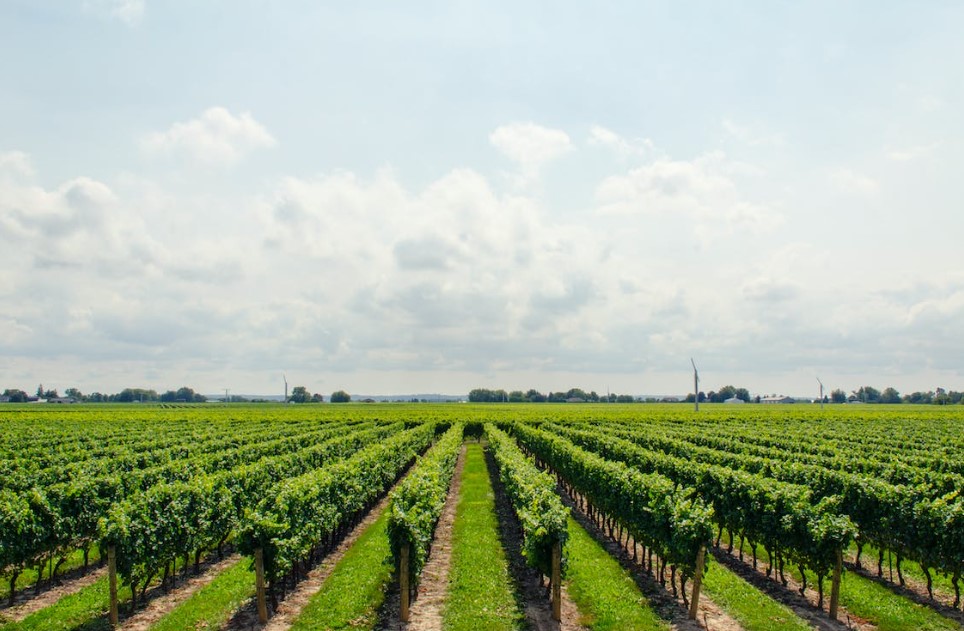The world is experiencing challenging climate change and a growing population adds to the challenge. The most affected sector due to these factors is agriculture. Thankfully, the inclusion of artificial intelligence into the field of agriculture offers a promising solution.
With AI, it will be possible to achieve not only food security but also sustainable farming practices. Artificial intelligence can revolutionize how farmers can manage resources, cultivate crops and respond to the ever-increasing demands of the planet. Here is what AI can do for the agricultural sector:
Optimal Crop Management with Precision Farming
One of the crucial effects of artificial intelligence in agriculture is that the former can help with precision-farming techniques. When it comes to traditional farming practices, they often involve the use of a one-size-fits-all approach to fertilization, irrigation and planting.
Artificial intelligence can enable farmers to gather and evaluate a wide range of data. The data ranges from weather patterns and soil compositions to keep an eye on the growth rates. With a data-driven approach, farmers can arrive at informed decisions. In turn, they can customise their practices to the unique requirements of each field.
Data Analytics and Sensors
Farmers can place advanced sensors in their fields. With these sensors, they can gather real-time data like nutrient content, soil moisture levels and even pest activities. The data gathered from the field can be fed into Artificial Intelligence systems that evaluate the data and provides actionable insights. For example, if the AI System finds a drop in the moisture level in the soil, it can instantly trigger irrigation systems to water. Also, it can be used for watering only specific areas of the field that needs water. In turn, the wastage of water can be eliminated.
Disease Management and Predictive Analytics
With predictive analytics offered by artificial intelligence, farmers can judge disease outbreaks in crops in advance. AI can do this using data related to current conditions and historical data. In turn, farmers can take proactive actions like the usage of targeted pesticides, making changes to irrigation or even adjusting the schedules of planting. By doing these things, they can reduce the risk of diseases to crops. When the potential issues are spotted and prevented right at the budding stage, farmers can achieve better yields. Even, this will help them bring down the requirement of chemical interventions.
Conclusion:
In addition to achieving the above-mentioned benefits by implementing artificial intelligence into agriculture, farmers can achieve other benefits as well. Examples include monitoring crops using drones and climate-resilient agriculture. Even, they can bring down environmental impact and waste.
Indeed, artificial intelligence carries immense potential to revolutionize agriculture. However, it carries challenges as well. Transition to AI-drive farming needs only needs investment into technology but also training and education for farmers. Only then, they can make effective use of the tools. Above all, technology should not be used for overshadowing human touch. Only when AI insights are used in combination with the experiential knowledge of farmers, it can lead to successful and sustainable farming practices.
